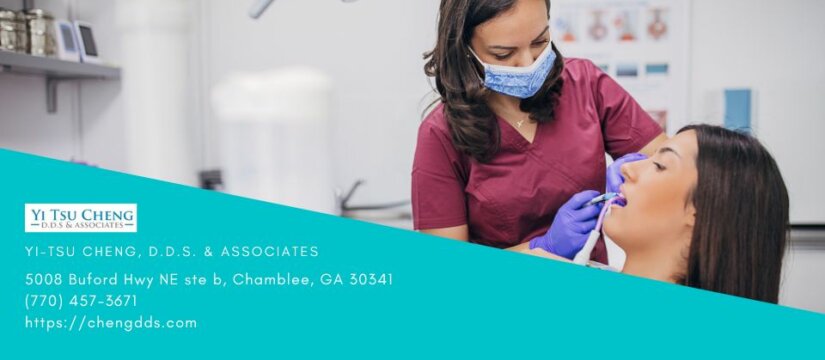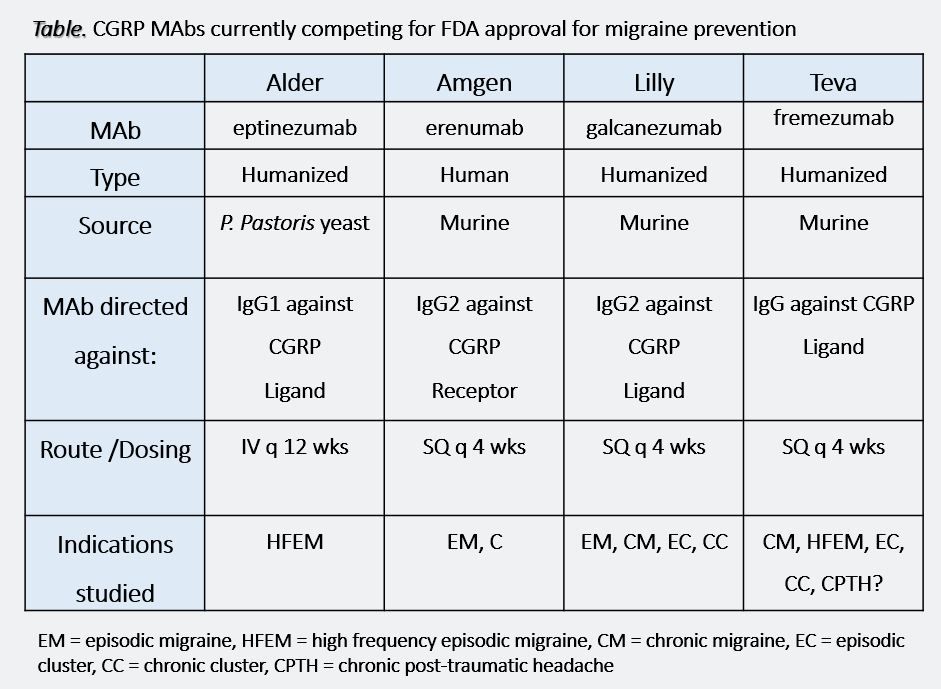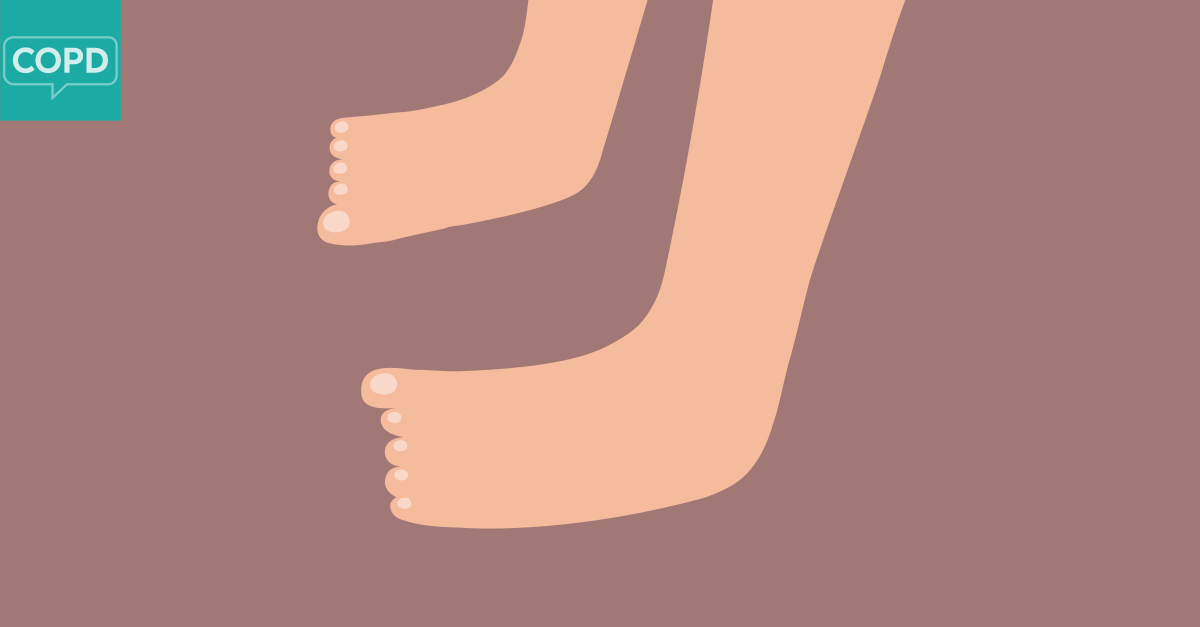Brushing Teeth With Water Only
The age-old debate about the best way to brush your teeth has sparked a interesting question: can brushing your teeth with water only be effective? To tackle this, let’s dive into the world of oral hygiene and explore the pros and cons of this unconventional approach.
First and foremost, it’s essential to understand the primary goal of brushing your teeth, which is to remove plaque, bacteria, and food particles that can lead to cavities, gum disease, and other oral health issues. The American Dental Association (ADA) recommends brushing your teeth at least twice a day with a fluoride toothpaste to help strengthen tooth enamel and prevent decay.
Now, when it comes to brushing your teeth with water only, some argue that it can be a viable alternative for those who are sensitive to toothpaste or have concerns about the ingredients found in commercial toothpastes. Water, after all, is a natural cleanser that can help rinse away loose food particles and debris. However, the question remains: can water alone provide the same level of cleaning and protection as toothpaste?
One of the primary concerns with brushing your teeth with water only is that it may not be enough to remove stubborn plaque and bacteria that can accumulate on the teeth. Plaque is a sticky film of bacteria that can lead to cavities and gum disease, and toothpaste contains mild abrasives that help remove this plaque. Water, on the other hand, may not have the same level of abrasiveness, potentially leaving behind residual plaque and bacteria.
Moreover, toothpaste contains fluoride, which is essential for strengthening tooth enamel and preventing decay. Fluoride has been proven to be highly effective in preventing cavities and promoting overall oral health. Brushing your teeth with water only may not provide the same level of fluoride protection, potentially leaving your teeth more susceptible to decay.
That being said, there are some benefits to brushing your teeth with water only. For instance, it can be a good option for those who have sensitive teeth or gums, as toothpaste can sometimes exacerbate sensitivity. Additionally, water is a natural and chemical-free alternative to toothpaste, which may appeal to those who prefer a more minimalist approach to oral hygiene.
To get a better understanding of the effectiveness of brushing your teeth with water only, let’s take a look at some statistics. According to a study published in the Journal of Clinical Dentistry, brushing your teeth with water only can remove up to 40% of plaque and bacteria from the teeth. While this may seem like a significant amount, it’s essential to note that this is still lower than the 90% removal rate achieved with toothpaste.
In terms of historical context, the concept of brushing your teeth with water only is not new. In ancient civilizations, people used water and their fingers to clean their teeth. However, with the advent of modern toothpaste, this practice has largely fallen out of favor.
So, what can you do if you’re interested in trying a water-only approach to brushing your teeth? Here are a few tips:
- Use warm water, as it can help loosen plaque and debris more effectively than cold water.
- Brush your teeth for at least two minutes to ensure you’re removing as much plaque and bacteria as possible.
- Pay special attention to areas where your teeth and gums meet, as this is a common place for plaque and bacteria to accumulate.
- Consider using a waterpik or oral irrigator to help remove plaque and debris from between your teeth and below the gumline.
In conclusion, while brushing your teeth with water only may not be the most effective way to clean your teeth, it can be a viable alternative for those who are sensitive to toothpaste or prefer a more natural approach to oral hygiene. However, it’s essential to weigh the pros and cons and consider the potential risks and benefits before making the switch.
Here are some frequently asked questions about brushing your teeth with water only:
Is brushing your teeth with water only effective in removing plaque and bacteria?
+While water can help remove some plaque and bacteria, it may not be enough to remove stubborn plaque and bacteria that can accumulate on the teeth. Toothpaste contains mild abrasives that help remove plaque, and fluoride that helps strengthen tooth enamel and prevent decay.
Can brushing your teeth with water only help with tooth sensitivity?
+Yes, brushing your teeth with water only can be a good option for those who have sensitive teeth or gums. Toothpaste can sometimes exacerbate sensitivity, so using water only may help alleviate this issue.
How often should I brush my teeth with water only?
+It's recommended to brush your teeth at least twice a day, preferably in the morning and before bed. However, if you're using a water-only approach, you may need to brush your teeth more frequently to ensure you're removing as much plaque and bacteria as possible.
Can I use a waterpik or oral irrigator with a water-only approach?
+Yes, using a waterpik or oral irrigator can be a great way to remove plaque and debris from between your teeth and below the gumline. These devices can be especially helpful if you're using a water-only approach, as they can help remove plaque and bacteria that may be missed by brushing alone.
In terms of future trends, it’s likely that we’ll see more emphasis on natural and holistic approaches to oral health. As consumers become more health-conscious and aware of the ingredients in their personal care products, there may be a shift towards more minimalist and chemical-free approaches to brushing teeth.
Ultimately, the decision to brush your teeth with water only depends on your individual oral health needs and preferences. While it may not be the most effective way to clean your teeth, it can be a viable alternative for those who are sensitive to toothpaste or prefer a more natural approach to oral hygiene. As with any oral health routine, it’s essential to consult with a dentist or healthcare professional to determine the best approach for your unique needs.


